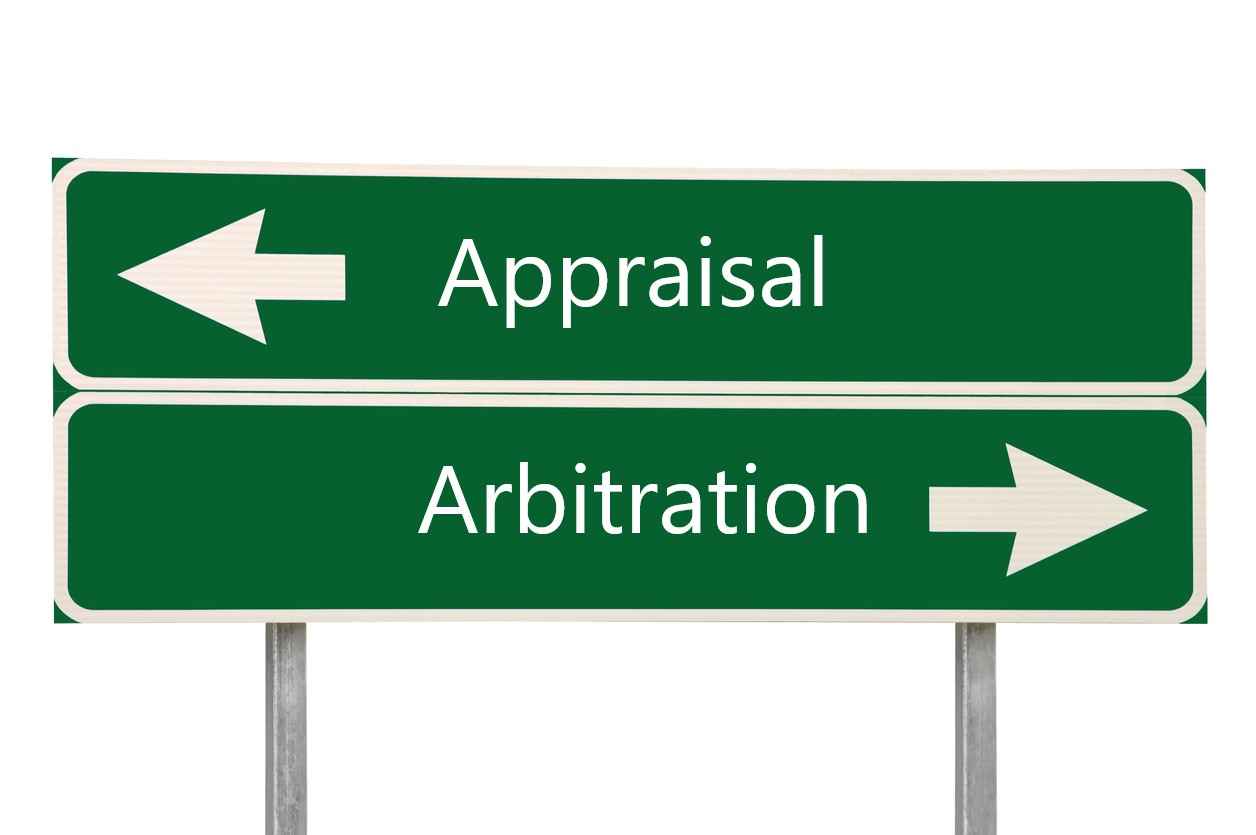In my October 13, 2012, blog post, I gave an overview of what will be an ongoing blog topic for me – post-claim / pre-suit insurance policy conditions. In my October 26, 2012, blog post, I gave some insight on compliance with an insurer’s request for examination. Prospective posts may further address today’s topic, proofs of loss (“POL”), but this post regards the purpose of POLs and compliance with POL requests.
A POL is meant to “detail[ ] the nature and extent of the insured’s loss,” thereby “enabl[ing] the insurer to form an intelligent estimate as to whether the claim comes within the terms of the policy, to prevent fraud, and to enable the insurer to make an investigation to determine its rights and liabilities.”1 How meticulous, then, do you (the policyholder or policyholder advocate) need to be in detailing the nature and extent of loss for an insurer? Well, for reasons now discussed, I believe the key word from the preceding quote is “estimate.”
Generally speaking, if the policy or state law does not specify a particular form, “no particular form of proof of loss is required other than one adequate to enable an insurer to consider its rights and liabilities.”2 If a POL “operates to bring the attention of the insurer to the loss or accident, sets forth the essential facts upon which the liability of the insurer depends, and appears credible, it is sufficient.”3 Put somewhat differently, “substantial compliance with the [POL] provision of the policy is all that is necessary.”4 Certainly, be as thorough as possible.
Finally, though one should certainly strive to timely oblige reasonable document / information requests made by insurers, failure to timely oblige an insurer’s POL request may not be fatal.5 In many states, (such as Florida), failure to timely oblige an insurer’s POL request creates a rebuttal presumption that the insurer was prejudiced by same. Key word – “rebuttable.” As always, laws may vary by jurisdiction.
1 Insurance Claims and Disputes 5th § 3:3 (West, Mar. 2012) (emphasis added).
2 44 Am. Jur. 2d Insurance § 1346 (West, Aug. 2012). See also Gen. Motors Acceptance Corp. v. Am. Ins. Co., 50 F.2d 803, 805 (5th Cir. (Fla.) 1931) (“[n]o particular form of proof of loss is required”).
3 Id. See also Gen. Motors Acceptance Corp., 50 F.2d at 805 (“[i]f the proof tendered gives sufficient information to enable the insurer to determine its liability and it is sworn to, it is usually sufficient”).
4 Gen. Motors Acceptance Corp., 50 F.2d at 805. See also Fireman’s Fund Indemn. Co. v. Perry, 5 So. 2d 862 (Fla. 1942) (finding a POL substantially compliant). But cf. Castro v. Fidelity Nat’l Ins. Co., Case No. 06-21666-CIV, 2007 WL 1173072 (S.D. Fla. Apr. 18, 2007) (under federal flood insurance policies, strict compliance applies).
5 A notable exception is under a National Flood Insurance Policy. The 60-day requirement to file a sworn proof of loss can be extended or waived only by the Administrator of the National Flood Program, in writing. Failure to timely file a flood proof of loss is fatal to a claim.



